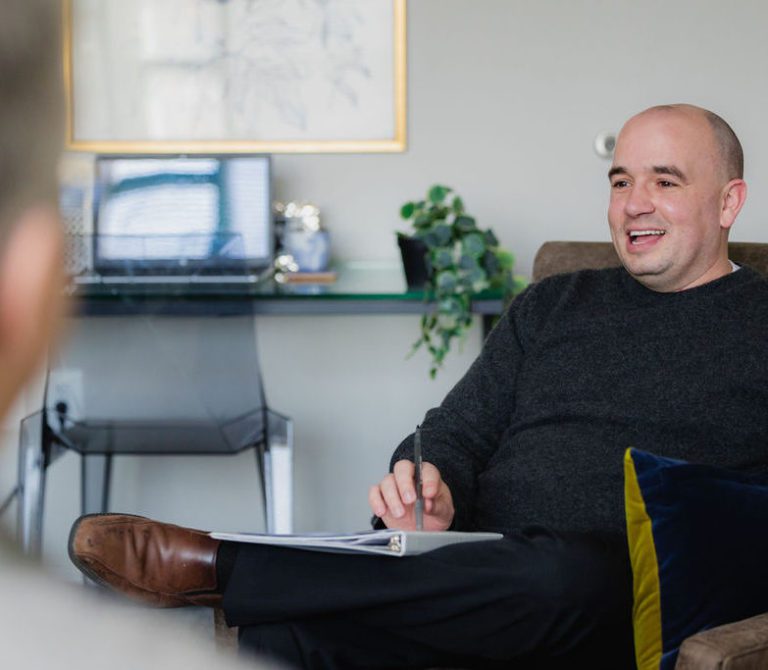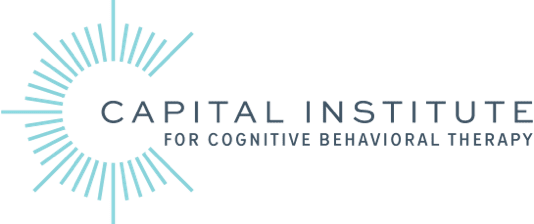Obsessions and compulsions are hard to turn off.
The majority of individuals with Obsessive Compulsive Disorder (OCD) grapple with both obsessions and compulsions. “Obsessions” refer to persistent, distressing thoughts, mental images, or impulses that continue to resurface. “Compulsions,” often termed “rituals,” are behaviors people believe they must engage in to alleviate anxiety or prevent undesirable outcomes.
Common obsessions encompass concerns about contracting an illness, harming others, forgetting tasks, or engaging in embarrassing or morally wrong actions. Common compulsions include excessive cleaning, checking, repeating actions, hoarding, and arranging objects in specific patterns.
Many individuals with OCD are aware that their fears are not entirely rational, and they recognize the senselessness of their compulsions. Nevertheless, they struggle to cease these behaviors. Research has shown that cognitive-behavioral therapy is an effective approach to help individuals manage and ultimately overcome obsessive-compulsive disorder.

Request Your Consultation
Ready to get started? Have questions? Click below to contact our helpful New Patient Coordinator.
OCD Therapy Tailored For You
Opting for individual therapy provides a unique chance to build a strong rapport with a therapist who invests the essential time to grasp your personal history, strengths, challenges, values, and aspirations. Your treatment plan is intricately tailored to address your specific needs, offering flexible scheduling options for weekly and/or multiple sessions per week. We extend the choice between in-person and teletherapy services, all while ensuring our fee structure is adaptable to fit your budget.

Related Disorders
Anxiety
Anxiety may include intense, persistent worry and fear about everyday situations.
Depression
A mood disorder that causes a persistent feeling of sadness and loss of interest.
PTSD
Post Traumatic Stress Disorder is a common reaction to very stressful or traumatic events.
